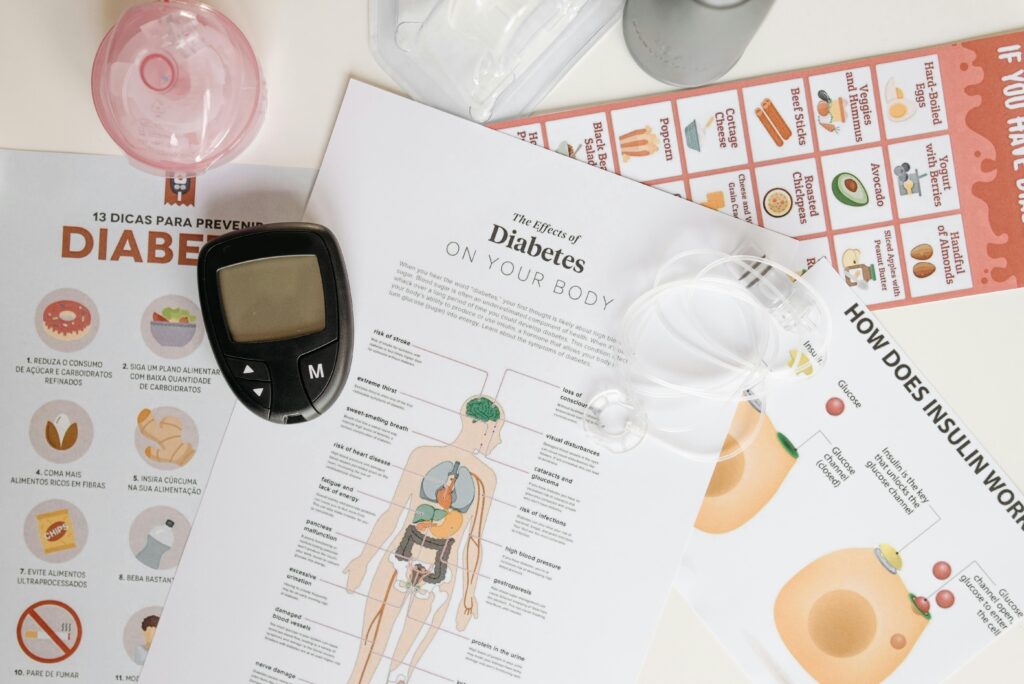Talking to your parents about money can feel awkward. But as they grow older, it becomes more important. Many elderly people are at risk of being cheated. Some fall for scam phone calls. Others trust the wrong people. A few may forget small details, like sharing an OTP by mistake.
You are not trying to control them. You just want to keep them safe. This is about love, not power. It’s about protecting the savings they’ve worked so hard for.
Choose the Right Time
Pick a time when they’re relaxed. Not during a busy day. Not in the middle of a family gathering. A quiet moment is best. Maybe during evening tea. Or on a calm Sunday afternoon.
Don’t begin with “You should stop doing this.” That can feel like scolding. Try a softer line. Like, “I read about someone who lost money to a scam call. It made me think of you.” Or, “Nowadays so many people are getting tricked through fake bank messages. Let’s just check if everything’s okay.”
Speak with concern, not command. That makes all the difference.
Explain the Risks Simply
It helps to share real examples. If you’ve read a news story, talk about it. If someone you know faced a fraud, explain what happened. Use it to show why being alert matters.
Now, slowly move into the topic. Gently ask if they’ve ever received strange messages. Or if someone called asking for card numbers or bank details. Let them talk. Listen carefully. Don’t interrupt. Let them feel heard.
Many parents won’t know what a scam looks like. So explain in simple words.
Say things like:
- “Never give your OTP to anyone. Even if they say they’re from the bank.”
- “If a message says your account will be blocked unless you click a link — don’t believe it.”
- “Banks never ask for PIN numbers. Ever.”
Show them examples of fake messages. Let them see how tricky these scams can be.
Suggest Helpful Habits
Once they understand the risks, suggest a few safety tips. Again, make it sound helpful, not controlling.
Say:
- “Shall we set SMS alerts for your bank account?”
- “Want me to help change your passwords to something stronger?”
- “Let’s write down important numbers and keep them somewhere safe.”
Make sure they know they can call you if something feels odd. Keep the line open. Encourage questions. It builds trust.
Talk About Generosity and Boundaries
Sometimes, your parents may be too generous. They may lend money to others without telling you. Or help distant relatives who don’t always return the favour. If you notice this, talk about setting small limits.
Say, “I know you want to help everyone. But maybe we should plan it out together, so it doesn’t affect your own needs.”
Don’t sound harsh. Remind them that their well-being comes first. That it’s okay to say no sometimes.
Check Bank Papers Together
Also check if their bank and investment papers are up to date. Ask if their nominee details are correct. If not, offer to go with them to the bank. Or help them update it online.
You can say, “Let’s just check that everything’s in order. It’ll give us peace of mind.”
Keep the Conversation Going
Remember, this might not be a one-time talk. Parents may forget. Or they may avoid the topic. Don’t give up. Bring it up gently again next time. Ask casually, “Any odd calls this week?” or “Shall we check your bank app together?”
Slowly, they’ll start being more aware. They’ll know what to avoid. And they’ll feel supported, not judged.
If they’re hesitant to listen to you, involve someone they trust. Maybe a family friend, an older cousin, or a neighbour. Sometimes, hearing the same thing from someone else helps.
Also, if you live far away, check in regularly. A five-minute phone call can make a big difference. Ask how their day was. Ask if they got any unknown calls. Teach them how to block suspicious numbers.
A Small Effort. A Big Impact.
Over time, they’ll become more confident. And safer.
This journey takes time. But it’s worth it.
Just like they once protected you from the world, now you’re helping protect them. It’s a circle of care.
Stay patient. Stay kind. And never stop checking in.
Your gentle care could save them a lot of pain.
We’d love to hear from you!
Have you had this conversation with your parents? How did it go? What worked, and what didn’t?
Share your story in the comments. It might help someone else.
And if you found this blog helpful, please share it with your friends and family. Someone out there might need this reminder today.





